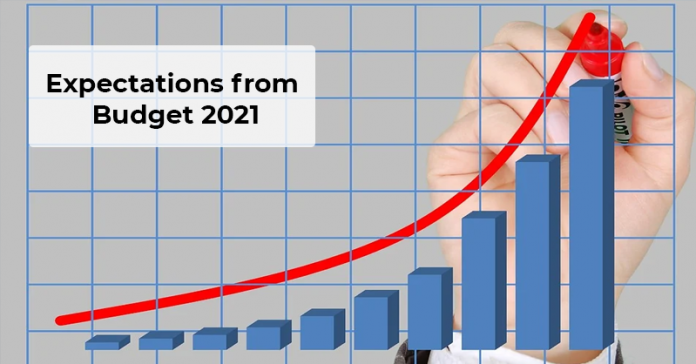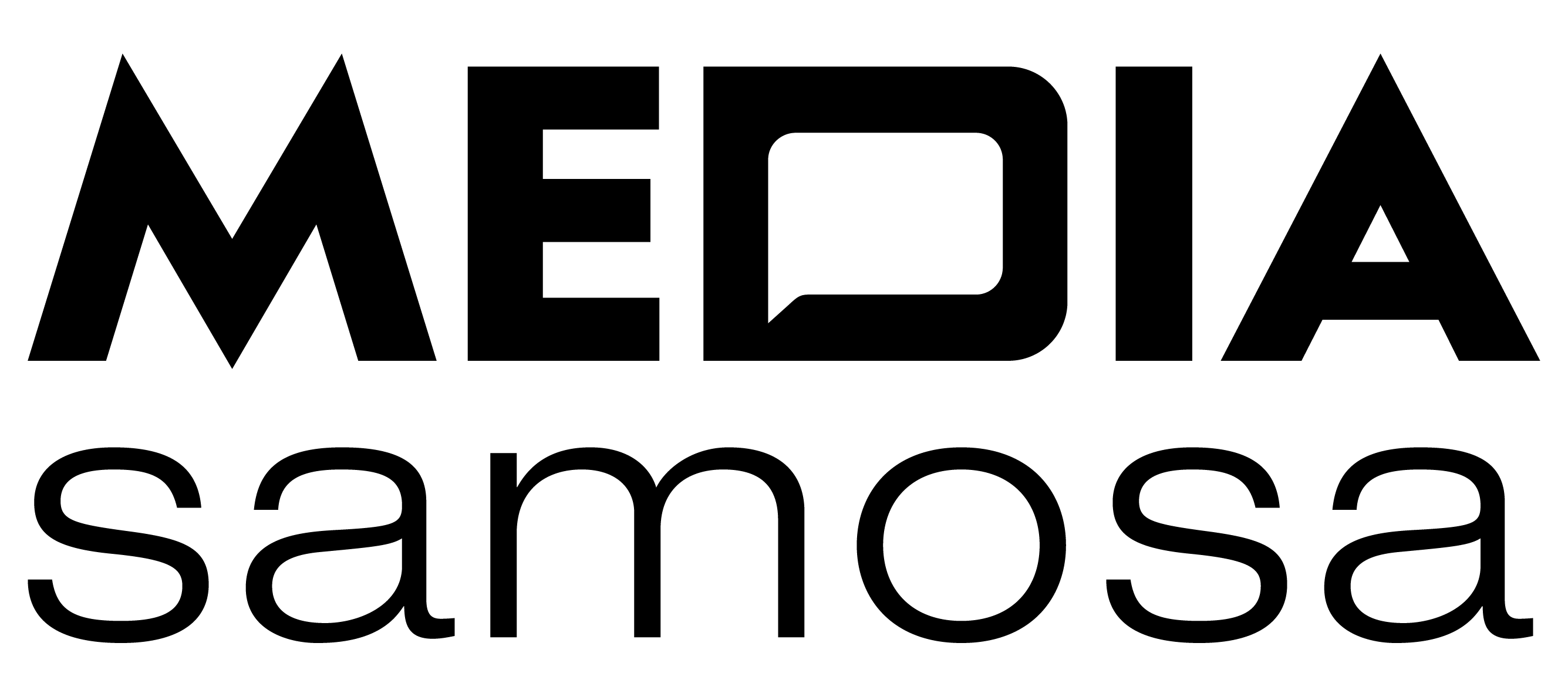
As the government promises to present the Budget 2021-22 to usher in an era of economic growth, policymakers and industry leaders watch out for growth numbers. With people still reeling from the impact of COVID-19, expectations ride high on how Nirmala Sitharaman will take on the challenge of dissecting the #Covidonomics amidst the GDP contractions. The advertising and media industry is no exception to the period.
In the pre-COVID-19 period, the industry was predicted to grow in double digits, which was significantly jolted after the pandemic. 2021 however, brings hopes of recovery with vaccinations now being dispersed.
To understand the pulse of the matter, Media Samosa speaks with the industry experts on their expectations from the budget especially after the economic slowdown last year.
From relaxation in taxes to focusing on rural areas, experts believe that there is a need to increase consumer demand to drive the economy. Rahul Kumar Shaw, CEO, Television, and Radio (104.8 Ishq FM), TV Today Network, affirms that boosting consumer demand should give an impetus to the advertisers to up their spending across media in the coming year.
To do this, Vikram Sakhuja, Group CEO Madison Media & OOH, Madison World explains that consumers need money in hand in the first place. He shares that in the upcoming budget, the governing body needs to find mechanisms like tax relief to encourage cash flow.
“Cash flow is a critical need of the hour. Two initiatives from the Government are very important. A faster TDS refund and speedy payments from Govt/ PSUs to Advertising Agencies”, highlights Sakhuja.
Further, a focus on rural areas is crucial for the overall growth. Ashish Bhasin, CEO-APAC and Chairman-India, Dentsu, “I am certain that the growth in India will come from rural areas and not just from urban pockets or society’s privileged sections. I would like to see more money directly flowing into consumers’ pockets through tax incentives or other means so that they have more money to spend.”
Bhasin feels that for the industry key technique would be to incentivize the clients to spend more on advertising, consequently, creating demand and spur in the economy.
Sharing his positive stance, Shashi Sinha, CEO, Mediabrands India, explained, “The Indian advertising industry is projected to be the second-fastest-growing in Asia after China. Since advertising is heavily dependent on the growth of businesses and industries, we hope the Government of India, will continue to focus on business recovery and sustainable growth.”
In 2019, the growth of the advertising industry was predicted, nearly two times that of the forecasted GDP growth of 7.5%. But 2020 saw most of the estimates tank. COVID-19 hit businesses hard, technology adoption for businesses especially for the MSMEs took a backseat except in the case of the most essential areas. However, keeping an optimistic mindset, industry veterans expect that the upcoming budget will be a growth-oriented one, focused on sustainability and recovery of businesses.
In-line with the above thought, Monaz Todywalla, CEO, PHD India, highlights, “Even as subscription-based models surge ahead, advertising does need a bit of a boost.”
Investing more in start-ups and MSMEs while also emphasizing provisions for advertising incentives can be the two measures to help prop up both large and small businesses, all the while providing opportunities to agencies, she explains.
On a similar note, Mohit Joshi, CEO, Havas Media Group India, expects the upcoming budget to allow policies that result in the increase across the disposable income (especially of Bharat) and enhance the viability and profitability of the MSMEs that will contribute a lot to the advertising/media spends. He also expresses that the proposed plans should also “help in digitization in Bharat domains along with an increase in the funds for startups.”
Since data and technology form the two pillars of growth in the new normal, Ambika Sharma, MD & CEO, Pulp Strategy, says that the government can also look at SOP’s for MSME’s adopting technology. This will give them a boost as well as to the digital industry. “I think it is important to refocus on this area and set a TAT or improve the efficiency of those policies or system”, she explains.
Further, the experts believe that the need for boosting MSME growth should not be just in terms of innovation and technology, but also with regards to high-growth segments that include gaming, VFX, social commerce, and even hyperlocal OTT – all falling under the ambit of MSME.
“Relaxation/rationalizing on GST processes will also give the much-needed reprieve for the industry”, adds Todywalla.
Echoing a similar thought, Ajay Verma, Managing Partner, and Co-founder, Enormous Brands, puts forth that while at a macro level, the budget needs to take the right measures to boost confidence and consumption to kickstart the economy; at a micro level since the Government is propagating Atmanirbhar Bharat and Indian independent agencies need to see some tax relaxations or incentives.
“I would say direct taxation on manufacturing and service sector needs to reduce and this gets subsidized by stringent taxation policy for International digital platforms who are taking away a large share and are allowed to go scot-free from the Indian taxation point of view”, he expresses.
Apart from rationalization of GST in the experiential marketing sector, industry leaders assert that there needs to be a way to kickstart the physical economy of experiences while helping the advertising agencies, in the process. As the incumbent Budget 2021 will be floated in the next few days, Roshan Abbas, Managing Director, VMLY&R Commerce Encompass, shares the necessary methods that need to be aligned in the Budget 2021:
- GST holiday for three years from 2019-22 – GST collected in these years to be refunded as grant for all event agencies
- There could be a 24 months moratorium across principal and interest payment of loans and overdrafts for the industry
- Immediate process and availability of term and working capital loans- This should include interest waiver for 12 months
- Special grant to event management and activation for upskilling the industry on managing digital events
- Removing the clause of minimum turnovers, EMD, and bank guarantees from government tenders for EEMA Agencies across the nation for the next two years
Another most impacted sector was Print during this time.
With the circulation revenue dropping significantly, the Indian Newspaper Society (INS) hopes to seek relaxation/removal of customs duty on newsprint import in Budget 2021 to help manage costs for the industry. In this context, Sakhuja explains that the Government can help drive Print, one of the bigger casualties of the Pandemic. It is in the Government’s interest to ensure a healthy Print industry in the face of fake news and social media, according to the leader. “Even though GST rate is low at 5%, other mechanisms can be adopted to reduce their cost burden”, he highlights.
Eagerly waiting for the marketing spends to bounce back to the pre-COVID-19 levels, aided by fiscal stimulus from the Union Budget 2021, Aman Nanda, Chief Strategy Officer, Times OOH, highlights that the Indian consumers are already beginning to resume their usual activities with positive developments with regards to the vaccine.
With the domestic air passenger traffic set to touch 80% of pre-COVID levels in the coming months, a growth-oriented budget with significant tax-breaks can further catalyze demand to boost the out-of-home (OOH) industry,” he shares.
According to industry experts, despite challenges in 2020, the Government and the finance ministry has been extremely proactive and pro-business growth. Moving forward with more hopes and positivity, Sinha states, “I am bullish that the policy changes, liquidity support, and ease in business will reflect in the upcoming Union Budget, as well.”
On the road to revival, as the industry looks forward to a flourishing economy in India, Bhasin shares, “The rationalization of taxes, combined with smoothened transactions by a more simplified process will go a long way in benefitting our industry.”
Comments
comments
